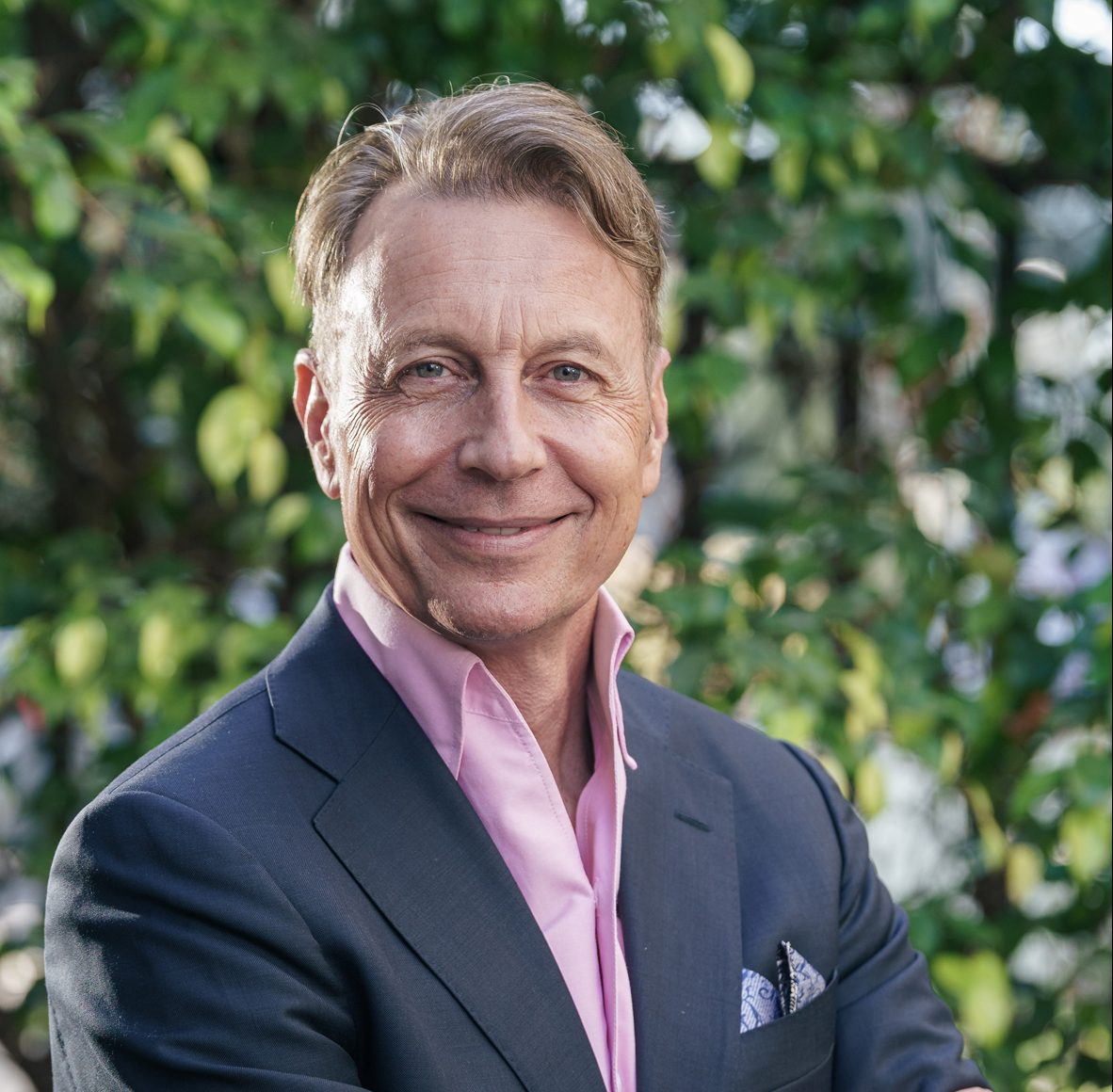Hendrik Schönfelder, CEO of Evonik for the Central and South America region, comments on the company’s role in the chemicals market

In an exclusive interview with GlobalKem, Hendrik Schönfelder, CEO of Evonik for the Central and South America region, comments on the challenges faced by the company because of the Russia-Ukraine war and expectations regarding 2023.
Evonik is a major international company fundamental in the chemical sector, which is expanding more and more. How long has the company been operating in Central and South America and which are its main markets?
Central and South America is a strategic regions for Evonik’s business and has received significant investments for the expansion of our industrial parks and sales offices. In Brazil, we have been present since 1953, completing 70 years of operation in October of this year. We have a central office in São Paulo, a factory in Espírito Santo and Paraná, and two productive plants in Americana (SP), where our Applied Technology Center is also located, housing eight application laboratories and two pilot plants. In Argentina, we have a sodium methylate plant and commercial operations in several countries, including Chile, Colombia, Ecuador, Guatemala, Costa Rica and Peru. With this structure, our chemical specialties serve important market segments such as automotive, agrochemical, biodiesel, rubber, construction, cosmetics, pharmaceuticals, household, animal nutrition, paper and pulp, plastics, chemicals, and paints, among others.
In recent years, the energy transition has been among the main debates in major economies. How is Evonik preparing to serve this market? Do you currently have any renewable energy source projects in Central and South America?
Evonik is transitioning on global scale towards a lower carbon footprint with ambitious targets. We want to reduce the CO2 emissions from our own operations (i.e. Scope 1 and 2) by 25% until 2030 and to zero by 2050. That obviously needs to include measures in our current production assets in Argentina and Brazil, such as procurement of electricity and hydrogen from renewable sources, electrification of heating systems, heat integration and the use of bio-based fuels and feedstocks. In some areas we can already evaluate concrete proposals regarding their technical and commercial viability. In others, though, we depend on public infrastructure or private suppliers that are either not yet existing or currently being formed. The high fraction of hydropower in the energy-mix of the Brazilian electricity generation renders our production there very favourable already today. In combination with the availability of bio-based raw materials, we see a good chance that our operations in Central and South America could be a front runner within the entire Evonik group re climate neutrality.
Since 2020, the market has been experiencing many uncertainties and fluctuations due to the consequences of the pandemic and, in 2022, with the impacts of the war between Russia and Ukraine. How was Evonik’s financial performance in this period? What measures were adopted to guarantee activities and serve customers?
The years 2020 and 2021 were extraordinary in terms of results for the Group. We achieved two consecutive years of record sales and profits. The slowdown and impacts caused by the war in Ukraine were only felt in the last quarter of 2022, and since then, we have experienced a significant slowdown in consumption and, consequently, in our sales. This, combined with higher raw material costs in Europe, where most of our productive plants are located, has significantly decreased the group’s results. In the beginning of the second semester of 2022, anticipating the market’s most pessimistic forecasts and foreseeing the decline in our results, several cost reduction measures were implemented, as well as measures to optimize our Net Working Capital and cash generation.
As a producer and distributor of many chemical products for different segments, Evonik needs a large infrastructure to guarantee the flow of its products. Did the logistics and distribution of these products suffer any impact or change with the Russia-Ukraine war?
Yes, with the war between Russia and Ukraine, we experienced some impacts in the supply chain of products originating from Europe. However, the biggest impact was on product costs due to the increase in natural gas prices from Russia and other raw materials that rely on this energy source for chemical production. Some products experienced reduced availability, as well as longer response times for receiving goods. This situation primarily affected the second semester of 2022, with the accumulation of many pending orders. We directed our efforts towards adapting, adjusting our inventory, and responding to customer demands within the necessary timeframe to avoid disrupting their operations.
Does Evonik have future investment plans and expansion of activities and chemical production units in Central and South America?
Today, we are operating five production plants in the region, of which one is currently being expanded. For a second one we have similar plans already filed in the repository of future investments and we are hopeful to expand our footprint by a completely new, sixth production unit. The rational for all these expansions is based on a better coverage of the regional markets. But what, if we were able to use the potential of the Region to become the home of first entirely carbon neutral production facilities? In that case export markets for sustainable chemicals could provide a new commercial basis for the production of specialty chemicals in South and Central America. We can only invite the governments of the countries hosting our operations to accelerate the build-up of respective infrastructure to help us grab the opportunities.
In 2023, there is a market expectation that the world economy will go into recession. How should the chemicals market react to this scenario? How is Evonik preparing for the recession?
Typically, the Chemical Industry covering the upper part of many value chains feels economic cycles stronger than other players. At this moment, chemical markets exhibit a hefty downswing. Demand from many end-markets is low, after the end of the pandemic supply shortages are overcome and higher energy prices as well as the general inflation provide a lot of cost pressure. Obviously, the industry reacts with a wave of cost cutting initiatives to safeguard returns. And Evonik is no exception. However, we are all aware that the current transition to climate neutrality and circularity requests us to continue investing intensively into R&D and new technology. And customers acknowledge our effort with growing demand in the area of sustainable solutions. So, our reaction is governed by a balanced approach centred around efficiency improvements in certain fields and intensified efforts in the area of sustainability.
Company Information: Evonik is one of the world leaders in specialty chemicals. The company operates in over 100 countries worldwide. In 2022, it posted sales of €18.5 billion and an operating profit (adjusted EBITDA) of €2.49 billion. Evonik goes far beyond chemistry to create innovative, profitable and sustainable solutions for its customers. Around 34,000 employees work together towards a common goal: to improve people’s lives today and in the future.
